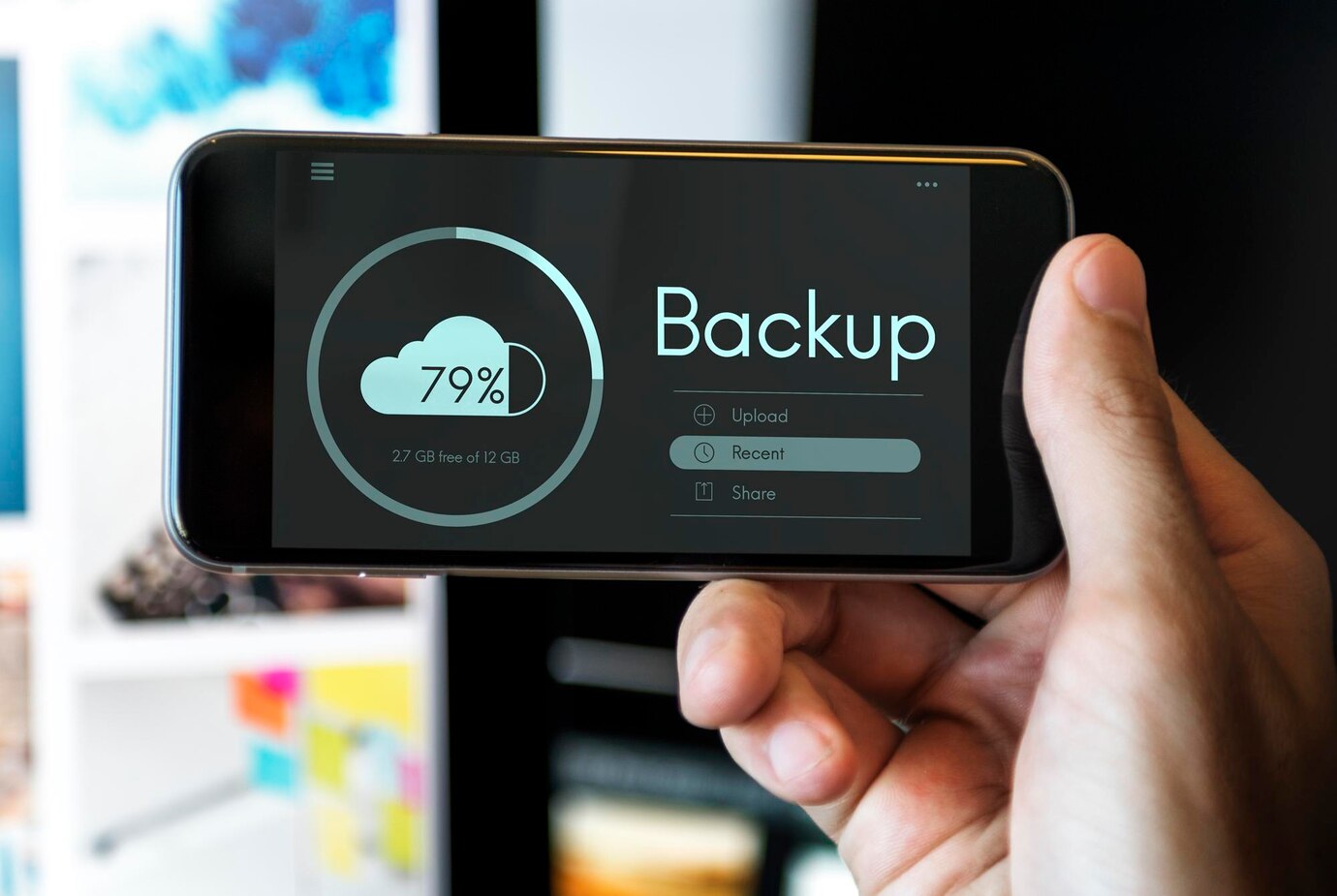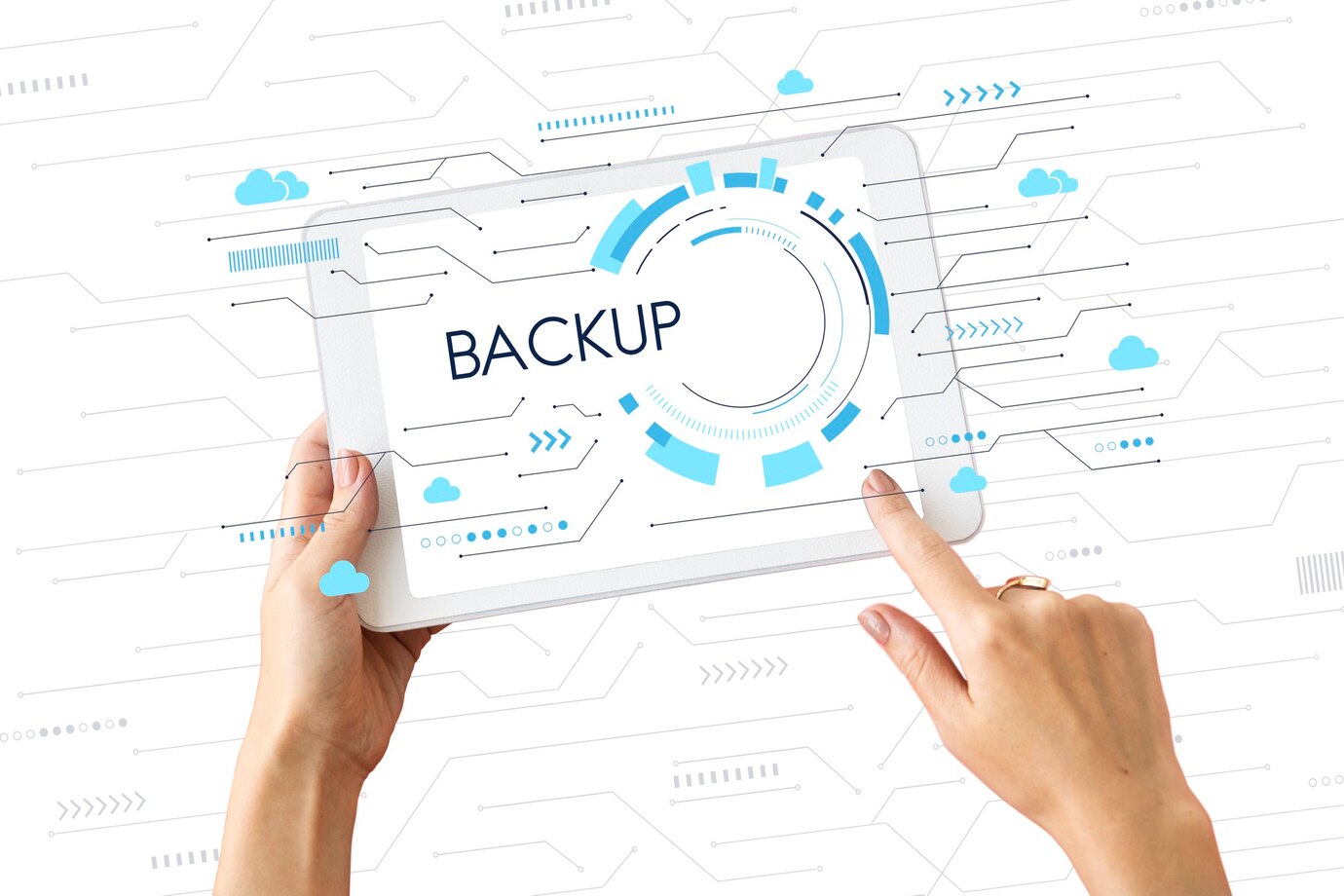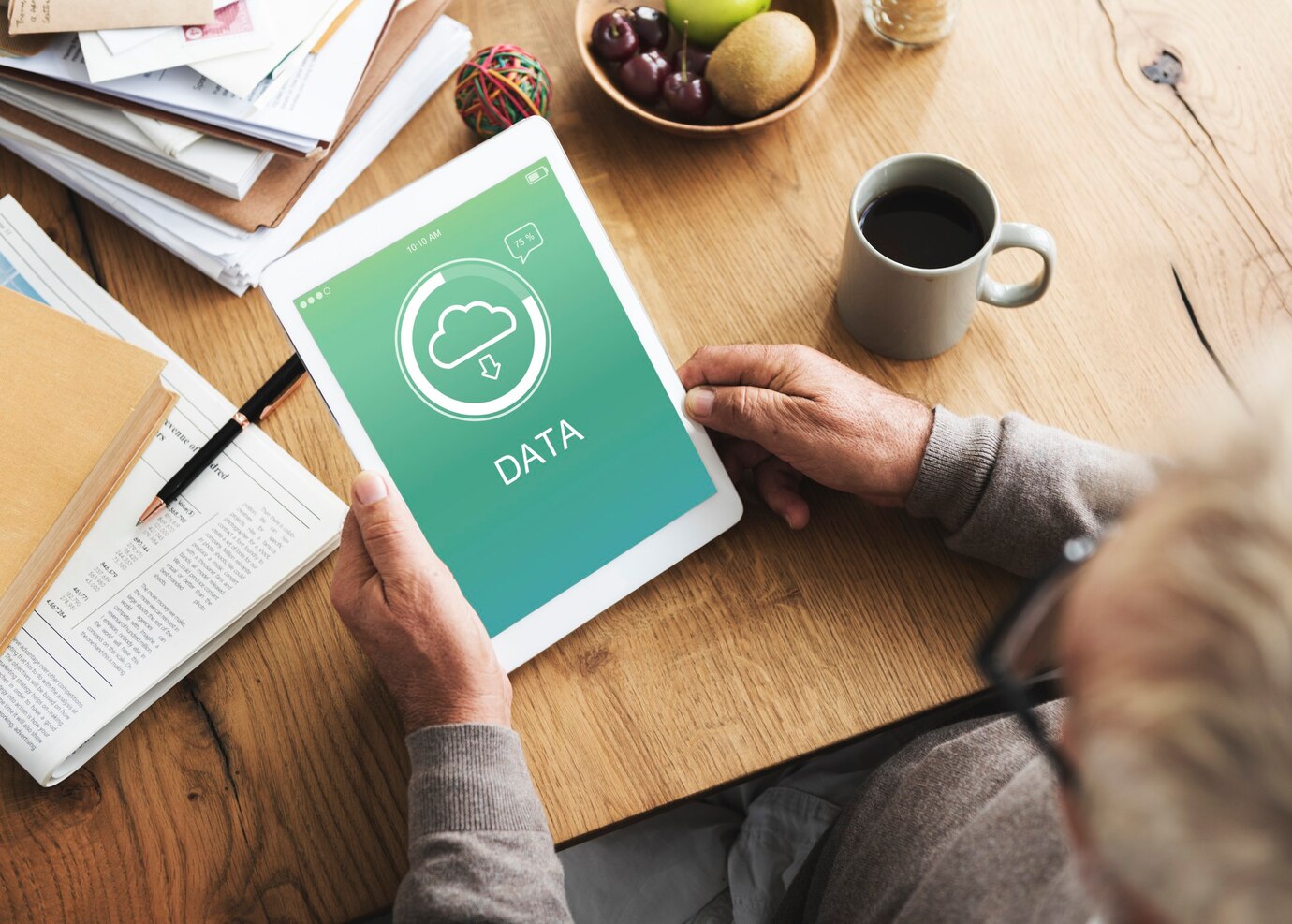The Importance of Data Backup and Recovery in Mobile Apps
In the ever-evolving landscape of mobile technology, Mobile Apps have become essential tools for users across the globe. Whether it's a banking app, a social media platform, or a fitness tracker, apps hold vast amounts of personal and sensitive data that users rely on daily. However, despite the crucial role that Mobile Apps play in our lives, many mobile app developers overlook one of the most fundamental aspects of app development: data backup and recovery. This oversight can result in disastrous consequences, ranging from data loss to irreparable damage to a company's reputation. In this blog, we will explore the importance of data backup and recovery in Mobile Apps and why mobile app developers must prioritize these features.
Understanding Data Backup and Recovery

Data backup is the process of creating a copy of app data and storing it in a secure location, ensuring that it can be recovered in the event of system failure, data corruption, or accidental deletion. Recovery, on the other hand, refers to the process of restoring the lost or corrupted data to its original state. For mobile app developers , both backup and recovery systems are integral parts of app design, especially when apps store large amounts of critical data.
Without an efficient backup and recovery plan in place, users may experience severe consequences, including loss of important data and interruptions to their experience. Mobile App Developers must integrate robust backup systems and recovery protocols into their applications to mitigate risks and ensure the smooth operation of the app.
The Consequences of Not Having Data Backup

The lack of a proper data backup and recovery system can have far-reaching effects on both users and developers. One of the primary consequences is the potential loss of user data. Many apps store vital personal information, such as contacts, messages, and preferences. Without regular backups, this data could be lost in the event of a hardware failure or unforeseen issues like app crashes or server outages.
Additionally, without recovery protocols in place, restoring lost data becomes nearly impossible. This can leave users frustrated, resulting in negative feedback, lost user trust, and ultimately, a decline in app downloads and usage. In the worst case, it can even lead to legal repercussions if the data loss compromises user privacy or violates regulations such as GDPR or CCPA.
Another consequence of inadequate data backup is the potential for permanent damage to a company’s reputation. In the competitive world of Mobile Apps, users have many options, and if they experience data loss or inconsistent service due to app issues, they are unlikely to return. A reputation for unreliability can hurt a mobile app developer’s credibility and affect future business prospects.
The Role of Mobile App Developers in Data Backup

For mobile app developers , ensuring that their app has effective data backup and recovery systems is a non-negotiable part of the development process. Mobile App Developers must understand that users expect their data to be secure, and any disruption to that security can severely damage the app’s standing.
Firstly, mobile app developers should design their apps with data redundancy in mind. By implementing cloud-based storage solutions or utilizing multiple data centers, developers can ensure that users' data is continuously backed up in real time. This ensures that, even in the event of hardware failure or other technical issues, a copy of the data remains accessible and safe.
Developers must also incorporate proper encryption and security protocols when backing up sensitive information. Without secure encryption, even backed-up data can be vulnerable to hackers and unauthorized access. By employing the latest encryption techniques, mobile app developers can provide users with a sense of confidence in the safety of their personal information, reducing the risk of data breaches.
How Mobile App Developers Can Implement Effective Data Backup and Recovery

There are several best practices that mobile app developers can adopt to ensure effective data backup and recovery. One of the first steps is to establish regular backup intervals. For apps that deal with frequently changing data, such as messaging or social media apps, backups should be done more often to minimize data loss. Setting up automated backup systems that run in the background will also ensure that users' data is regularly updated without requiring manual intervention.
Another important consideration is the use of cloud-based backup solutions. Cloud platforms such as Google Cloud, Amazon Web Services (AWS), or Microsoft Azure offer secure and scalable storage solutions that are ideal for Mobile Apps. These platforms also provide developers with advanced backup and recovery options, allowing for quick restoration of data in the event of an issue.
In addition to cloud storage, local backups can also be used to complement the cloud-based solutions. Local storage options, such as device-specific backups (e.g., iCloud for iOS apps or Google Drive for Android apps), allow users to store data on their personal devices as an additional safeguard.
Finally, mobile app developers should prioritize the implementation of seamless recovery systems. Users should be able to easily restore their data after a crash or system failure without losing progress. Recovery processes should be as transparent as possible, with clear notifications and instructions guiding users through the restoration process.
The Benefits of a Reliable Backup and Recovery System

When mobile app developers invest in building a reliable backup and recovery system, they reap numerous benefits. First and foremost, it builds user trust. Users are more likely to engage with an app that they know can recover their data in the event of a crash or failure.
A well-designed backup system also enhances the app’s overall reliability and performance. By ensuring data integrity, developers can maintain smooth operations without interruptions, providing users with a seamless experience.
Moreover, effective data backup and recovery can help mobile app developers maintain compliance with data protection regulations. In many jurisdictions, such as the European Union with GDPR or the United States with CCPA, businesses are required to protect user data and ensure that it can be recovered if lost or corrupted. By meeting these requirements, mobile app developers can avoid hefty fines and legal challenges.
Conclusion

In the world of Mobile Apps, data is invaluable. The security and integrity of that data are essential not only to the user experience but also to the long-term success of the app. Mobile App Developers must understand the importance of implementing reliable backup and recovery systems to protect users' data from loss and ensure uninterrupted service.
By incorporating best practices such as cloud storage, encryption, and automated backup intervals, mobile app developers can create secure and reliable applications that meet the needs of modern users. When done right, data backup and recovery not only safeguard users' information but also protect the developer’s reputation, ensure compliance with regulations, and contribute to the app’s overall success.






